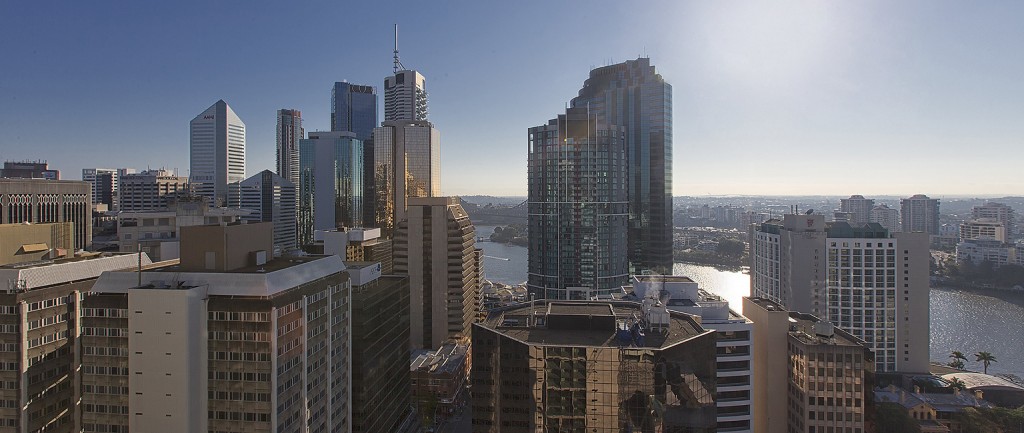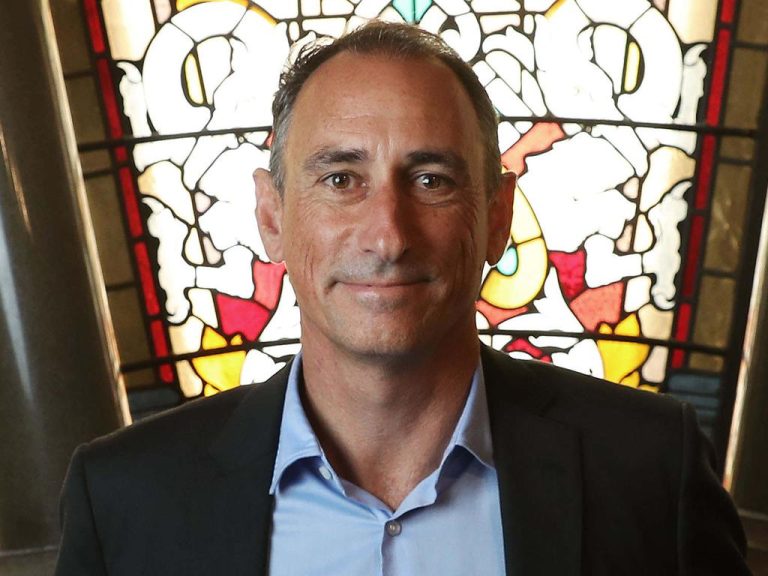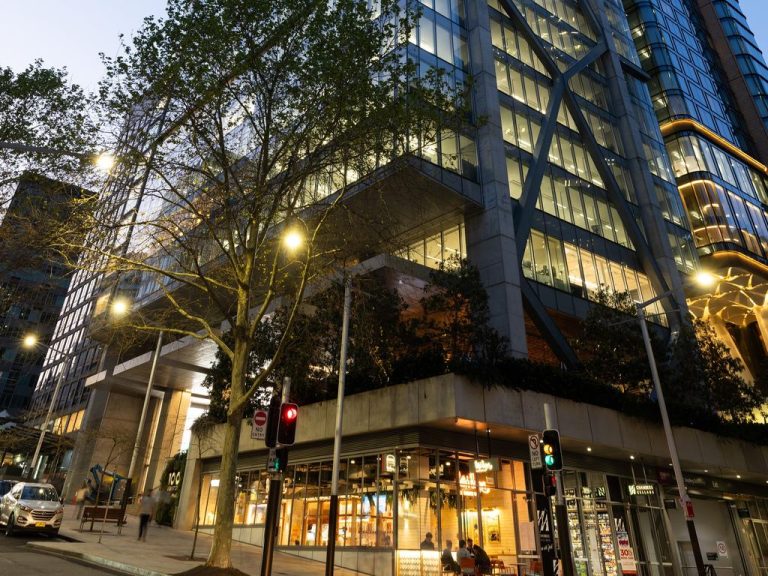Brisbane hotel fears wake sleeping giant

Doubts over Brisbane’s ability to accommodate major events will drive an unprecedented surge in hotel construction over the next three years, despite a downturn in occupancy rates.
Hotel stock levels in Brisbane are expected to soar 35% between 2016 and 2018, according to a Knight Frank report, with more than 4000 new rooms set to come online.
In excess of 1600 new rooms are tipped to open in the next year alone, with a series of key hotel projects to be completed.
Among them is the 3.5-star Ibis hotel on Elizabeth St, which will add 368 rooms and is due for completion in March, around the same time as 208 rooms become ready for occupation at the new four-star Rydges.
Going ahead: Queen’s Wharf Brisbane gets final green light
Knight Frank senior director of research Queensland, Jeanette Wilson, says the construction boom was set in motion after Brisbane struggled to cope with the demand for accommodation during last year’s G20 summit.
“This has arisen in part due to incentives offered by the Brisbane City Council to boost supply, after fears that the City would lack the capacity required to host large events, triggered by the G20 in November 2014,” she says.
The Inner Brisbane and CBD hotel market is undergoing a generational change, with currently slated new supply 2016-2018 representing 35% increase
“New supply will jump to 1612 rooms during 2016, with much of the increase coming from inner Brisbane with 1043 rooms plus the CBD adding 569 rooms.”
The slew of new developments comes despite Brisbane’s annual CBD occupancy rates slipping to their lowest point in five years, while the city’s revenue per available room did the same, diving towards $130 after sitting above $150 just three years.

The Queen’s Wharf development will bring another 1100 rooms to the Brisbane CBD.
But Brisbane hotel visitor numbers were up across most sectors in the last financial year, particularly domestic business travellers, which grew by 22.6%. International traveller stays increased by almost 10%, while domestic family nights were up 7.9%.
Only domestic holiday and leisure visitor numbers dipped, with an 8.8% drop on the previous year.
Wilson says the new hotels will make Brisbane’s accommodation market increasingly cutthroat and force many existing hotels to upgrade their buildings in order to remain competitive.
“The Inner Brisbane and CBD hotel market is undergoing a generational change, with currently slated new supply 2016-2018 representing 35% increase on current inner Brisbane and CBD room levels,” she says.
“This will place pressure on older stock and may trigger refurbishment or redevelopment amongst some older accommodation, particularly those which are also land rich.”
Brisbane’s hotel inundation won’t end in 2018, with the largest development of them all – Queen’s Wharf – to bring an additional 1100 rooms across five hotels, including a six-star VIP hotel, between 2020 and 2022.







